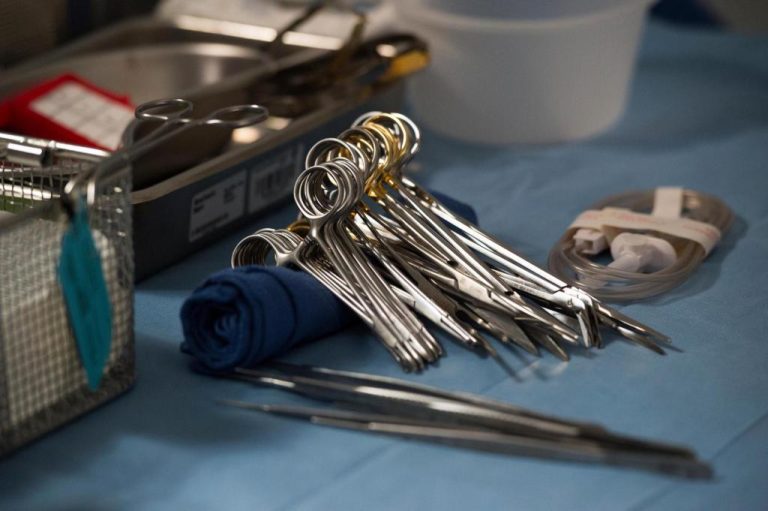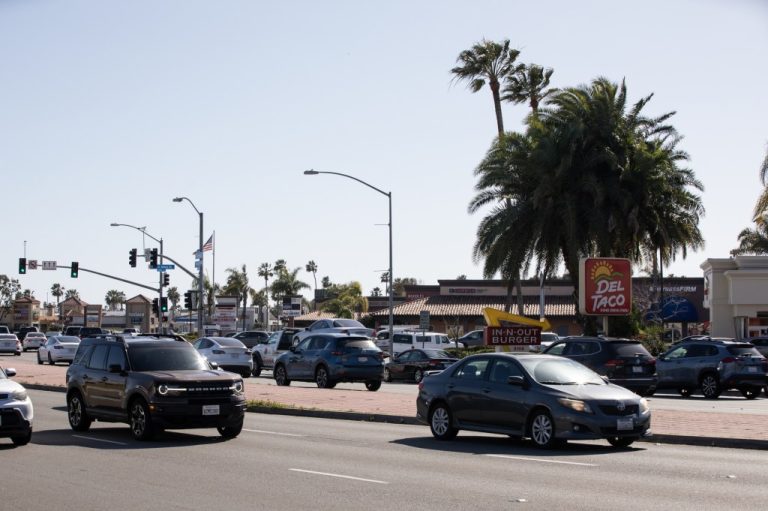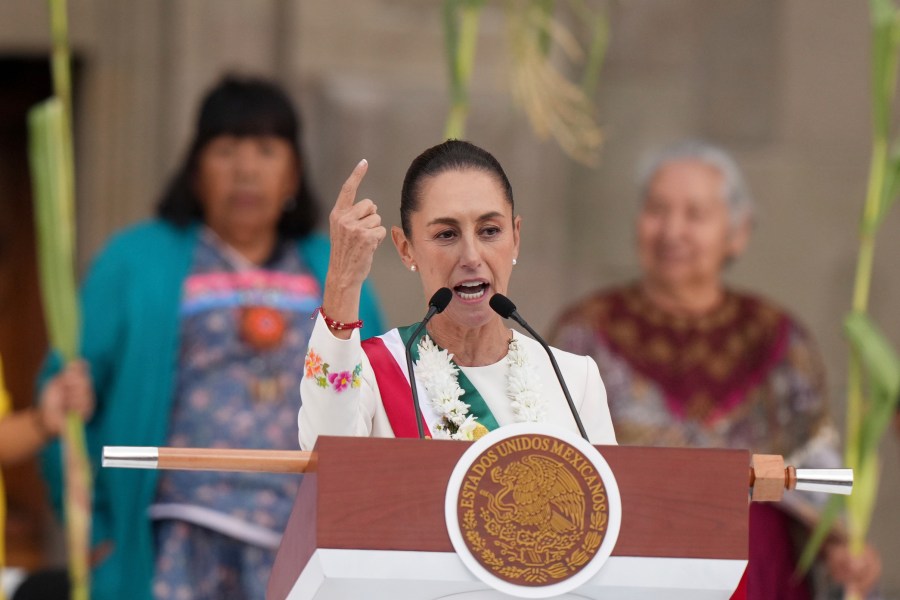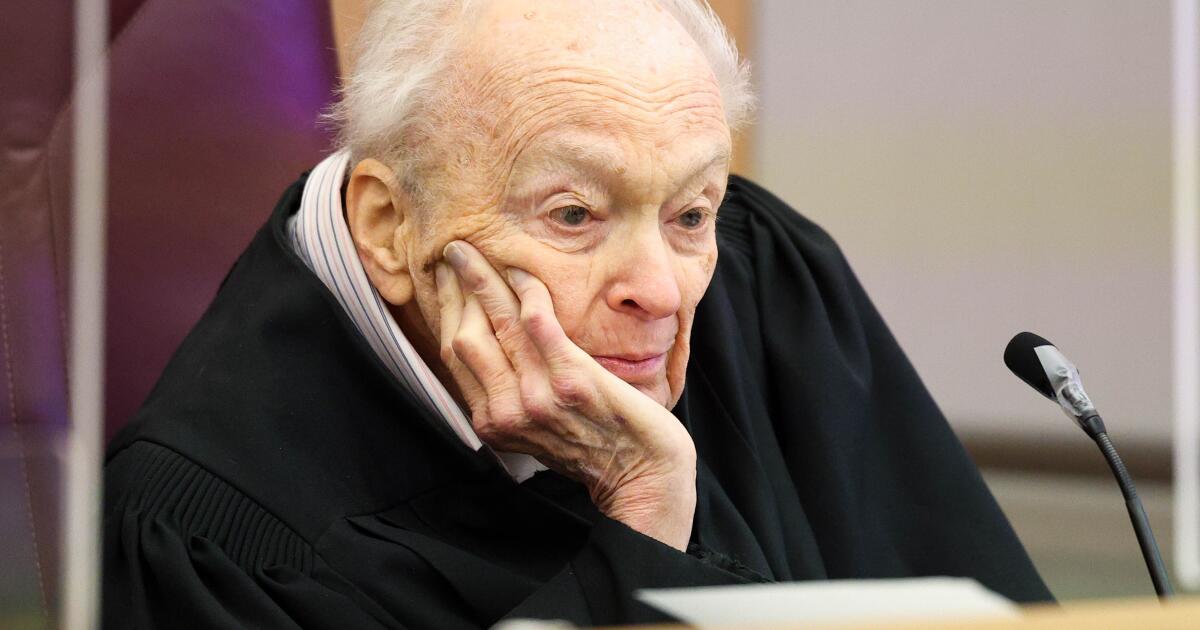
A sexually violent predator who victimized several young children in the 1980s was cleared on Friday to live under supervision in the rural East County community of Campo.
It’s the second time Alan Earl James has been placed in the community. In 2019, he was released from a state mental hospital and placed in a Jacumba home but went back to treatment after he violated the terms of his supervision. He was approved for release again in 2021.
On Friday, San Diego Superior Court Judge David Gill signed off on a plan to let him live at 1138 Custer Road. The location is less than a mile from a community park and a sheriff’s substation.
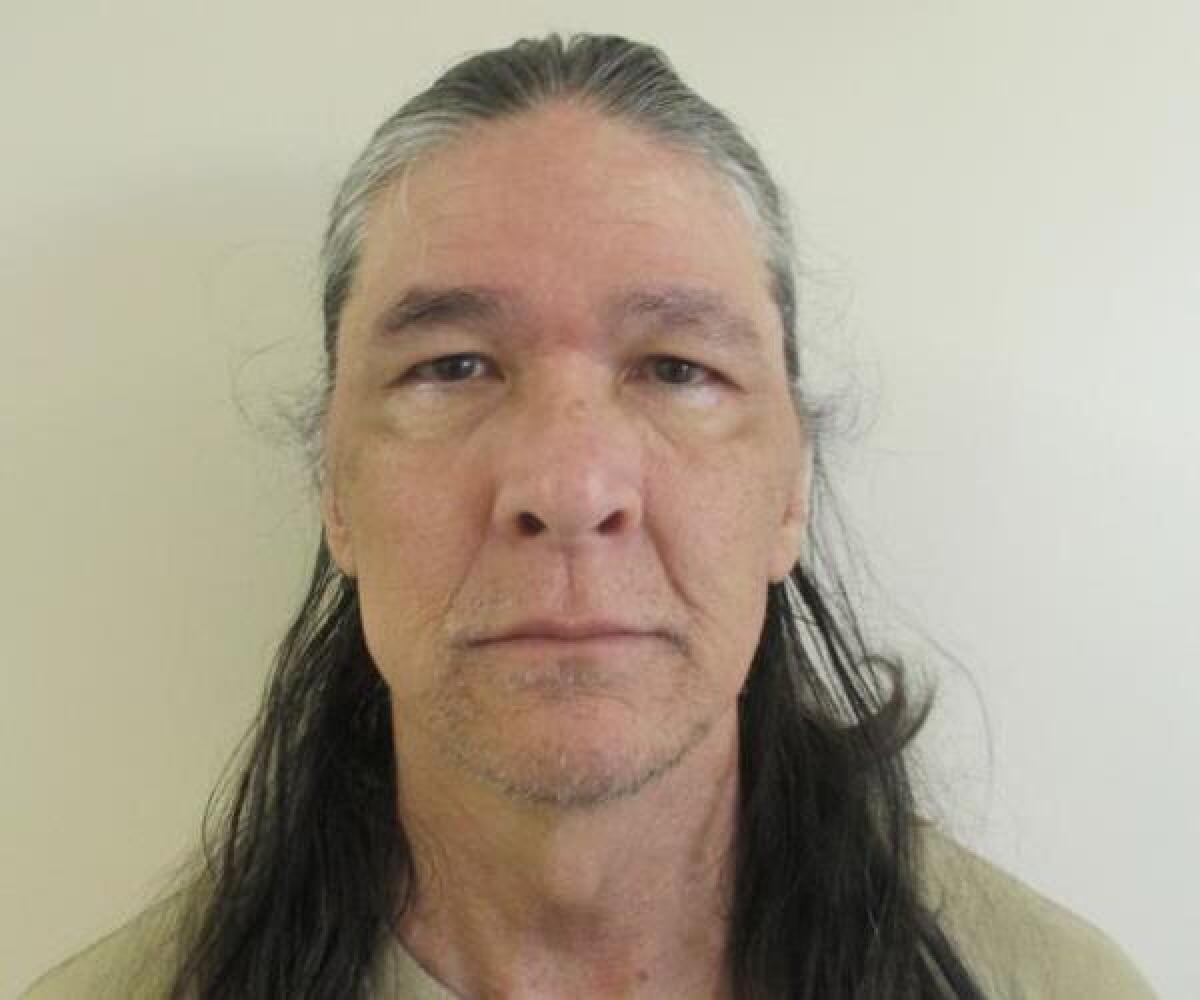
Alan Earl James
(Courtesy of the San Diego County Sheriff’s Department )
James will be placed at the Campo address on or before March 22, becoming the seventh sexually violent predator to be housed in a rural San Diego County community, officials said.
Unless another plan materializes.
On Friday, several people spoke out against the placement, including county Supervisor Joel Anderson, who asked Gill to postpone releasing James, while the supervisor and the District Attorney’s Office iron out plans for another residence. Anderson, whose district encompasses Campo, would not say where the home was located since the arrangement hasn’t been settled.
In a letter sent to Gill on the matter, Anderson wrote that Liberty Healthcare, the company that runs the release program for sexually violent predators, had walked the supervisor’s proposed site. Anderson said at the hearing Friday that more than 60 percent of the county’s sexually violent predators live in his district.
“This is a community whose average household income is $42,000,” Anderson said. “The reason they live there is because that’s where they can afford to live. And they deserve the same quality of life. They show up to work, they pay taxes. Why should they be a target?”

County Supervisor Joel Anderson speaking with constituents during a July 8 town hall meeting in the Rancho Bernardo Library.
(Elizabeth Marie Himchak)
Other speakers echoed those sentiments. Several people noted James would be moving to a home close to many children. Others lamented the effect James’ presence would have on property values. David Genzler, who owns a ranch near the Campo home, said he understands James served his time and has the right to his freedom, but that those rights should be balanced with those of the community.
“The residents in the community have not only the right to their safety but the right to peace of mind,” Genzler said.
Michael Ruiz, the public defender handling James’ case, said during the hearing he understood the community’s worries and stressed that no sexually violent predator has re-offended while under Liberty Healthcare’s supervision. Officials with the health care company said they reviewed residents’ concerns and did not feel the selected address should change.
James, diagnosed with pedophilia, was convicted in 1981 of one lewd act upon a child under the age of 14 and was sentenced to three years probation and 180 days in jail, according to the District Attorney’s Office. Five years later, he was convicted of committing multiple sex crimes against three children including unlawful sexual intercourse and kidnapping for the purpose of child molest. He was sentenced to 28 years in prison in 1986.
The crimes were committed in San Diego County.
Before his release from prison, the District Attorney’s Office petitioned to have James labeled a sexually violent predator. The office repeatedly petitioned the state over the classification, and in 2007, James was civilly committed to Coalinga State Hospital for treatment.
To be classified by the state as a sexually violent predator, or SVP, a person has to have been convicted of a violent sex crime against at least one victim and be diagnosed with a condition, such as pedophilia, that makes that person likely to re-offend. The designation is reserved for less than 1 percent of the state’s sexual offender population and means those people can be committed to state hospitals long after serving their prison terms.
The District Attorney’s Office opposed James’ petitions for conditional release in 2014, 2015 and 2017. He was recommended for community supervision in 2018 and, a year later, was placed in Jacumba. In 2020, officials with the release program recommended James’ supervision be revoked after he violated the terms of his supervision. He was then sent back to Coalinga until a hearing on the matter could be held and while his supervision and housing was discussed.
Due to the pandemic, the hearing was delayed, and program officials rescinded their revocation request a year later. The District Attorney’s Office also filed a petition to revoke James’ release, but Judge Gill denied it, paving the way for James’ second release into the community.


